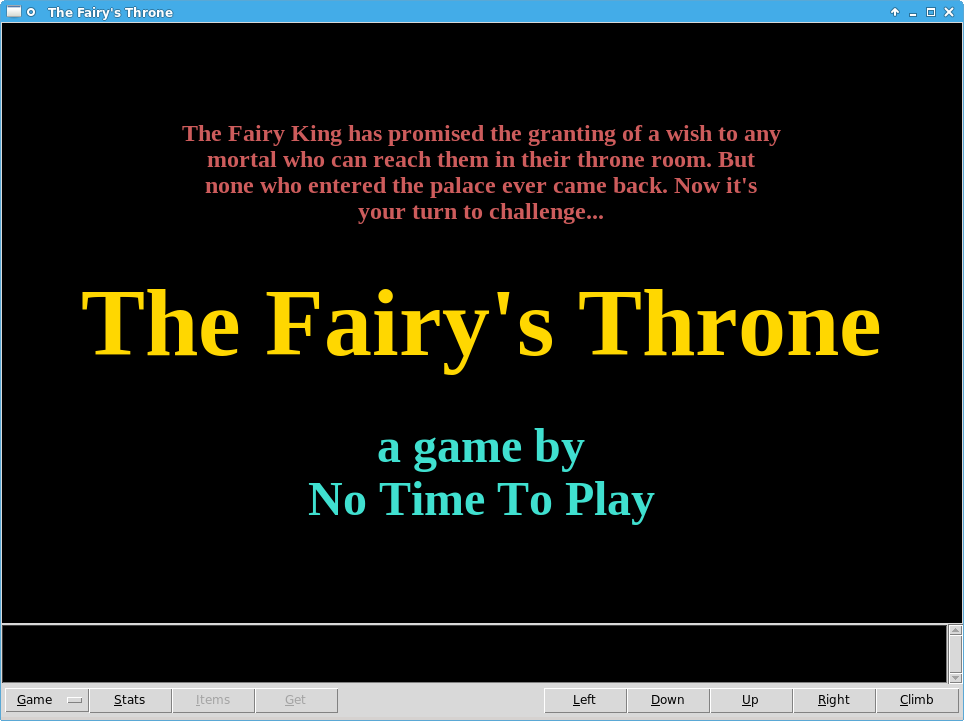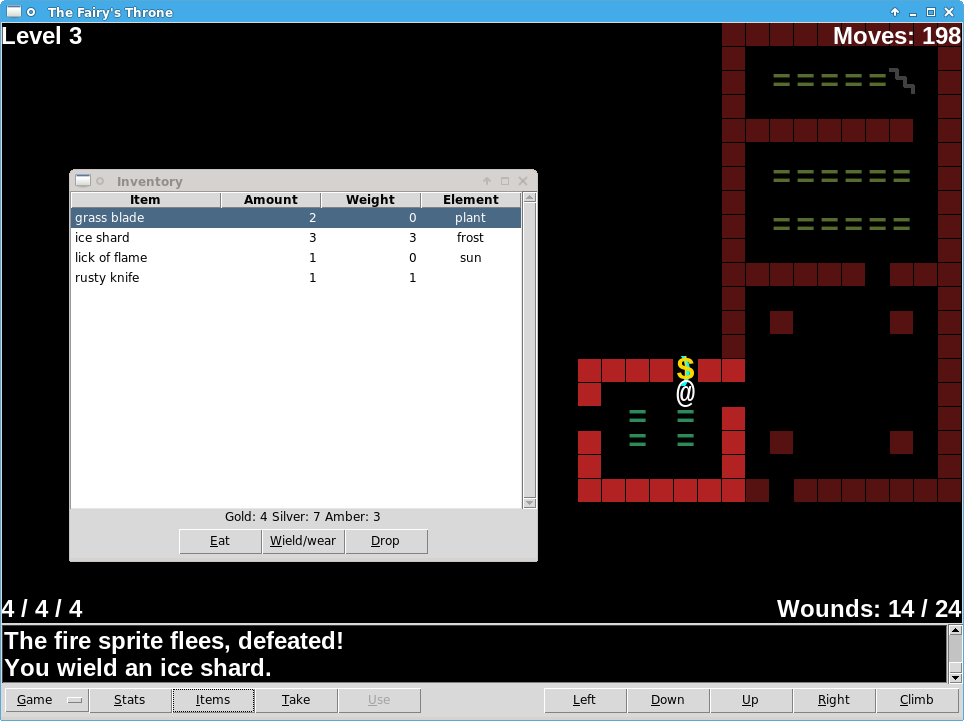Weekly Links #204
2018-01-28
Gamedev can be funny sometimes. You lose track of time, make huge progress very quickly, yet still feel like things are barely moving. Serves me well for once again working on a game that's all systems, not to mention the work that goes into making a proper GUI, even with the best API ever. I should know better, too, seeing how well my previous game clicked together with the most minimal mechanics, in a way this one doesn't (yet). A lesson to keep in mind from now on.
Speaking of lessons, you know the saying that the only way to end up with a good reusable engine is to extract it from a first working game? I was reminded of it again this week, while stopping repeatedly to refactor the code into a graphics engine and a logic engine such that neither has to know about the other. That does inflate the total line count as you're going to need lots of glue code, but on the plus side you'll get ports and sequels almost for free. It does help that I have clear plans for the future, in both directions.
In the way of a progress report, I meant to take a break over the weekend, but failed. Slowed down on Monday and Tuesday instead, partly forced by some health-related stress. Still managed to add a couple of highly visible features: a proper title screen (along with a working New Game command), and an inventory window you can actually use to change weapons and armor! Not much to use it on right now, so the next step is to add lots of content. Wish me luck.


Moving on to the news, via a like of a tweet, here's an article on why Kickstarter projects always seem to be late and over budget. There are some interesting points there, like health issues and the need to also handle marketing or finances sapping the resources of a small team. (I certainly have my share of war stories from the trenches of game marketing.) But mostly, it's about estimates, and that betrays inexperience. Any programmer with a few years of practice should know to multiply their initial estimate by three, and that's precisely because tasks that seem straightforward from a distance turn into deep, twisty rabbit holes the moment you poke them. And yes, the correct response when running late is to cut features. Most of them are a lot less essential than they seem, and there will always be a sequel or successor to use them in.
Ah, but you already promised them, haven't you? Before you even looked into the feasibility. There you go. Now you know why the entire IT industry has been a terrible mess for decades, with the vast majority of projects never completing. Worse, when you do that with the money of your fans, you can't just write off the loss, like a traditional publisher or investor could. Because it's mostly an investment of trust, not money.
So yeah, if you go for crowdfunding, maybe give people something they can buy early on and finance the rest of the project. There's a reason the pros do it that way.
Also via a retweet comes (belatedly) the news that the Twine Cookbook has officially reached version 1... like two weeks ago. To find out the date, I had to check the GitHub repo, which is only indirectly linked from the introduction, but whatever. The text itself is dry, and simply explains how to perform tasks from the basic to the advanced in all major story formats, with source code and live examples for each. Some of them make it really obvious to what a degree Sugarcube comes with batteries included compared to the others, but all formats can offer pleasant surprises, and I can think of several uses for having all that information side by side. So, definitely good news for game developers, especially those with narrative inclinations.
Last but not least, I should have written about this myself, but fluffy’s ongoing project Refactor doesn’t lend itself to easy characterization. So you might want to look at this feature by a gaming publication named Goomba Stomp.
Of course, interactive fiction connoisseurs can point at the Apollo 18 Tribute Album as precedent, but fluffy is one of the rare people who can literally do it all: music, art, coding, writing, you name it – and all of them well. So I hope they get some well-deserved recognition.